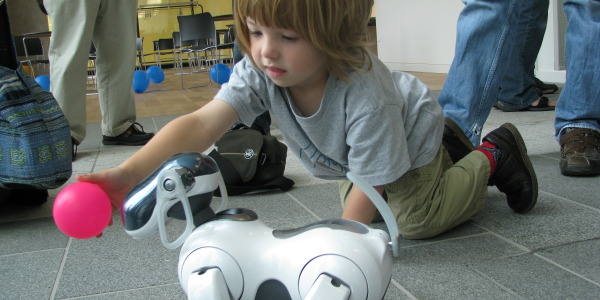Whenever a new robot comes out, the world is amazed. We have seen some truly incredible robots in the past few years. Technology in robotics and automation is becoming so advance and sophisticated that we are seeing robots created that we thought could only exist in science fiction. But the more the technology advances, the more it will be used, and it will become more commonplace. Right now, the idea of these advanced robots is new and unusual, so that people can’t help but get excited, but how long will it be before robots are just another everyday, unremarkable thing?
Consider cars for a second. When the first patent for the modern car was issued back in 1886, people were floored by the invention. Over the next few decades, people continued to be impressed until cars were just another commonplace thing. You might stop every now and then to admire a really nice car, or gush over Google’s truly cool new self-driving car, but most cars on most days are just cars. They’re nothing to get excited about. Maybe the same thing will happen with robots.
Perhaps we are just in the honeymoon phase of robotics, where every new robot invention we see or hear about is cause for a Facebook update. But, what happens when we are around robots everyday? We might wake up one day and see robots in our home, robots on the way to work, robots in the office, and robots serving us lunch at our favorite restaurant. If robots become commonplace, will we care when there’s a new one created? One day, it might take the robotic equivalent of Google’s autonomous car for people to get excited about a new robot.
In 2010, the global robotics market was $24.9 billion. It’s projected that the global robotics market will grow to $66.4 billion by 2025, with a huge growth in home, medical, and public sector robots. The day when robots become unremarkable might be closer than we think.
